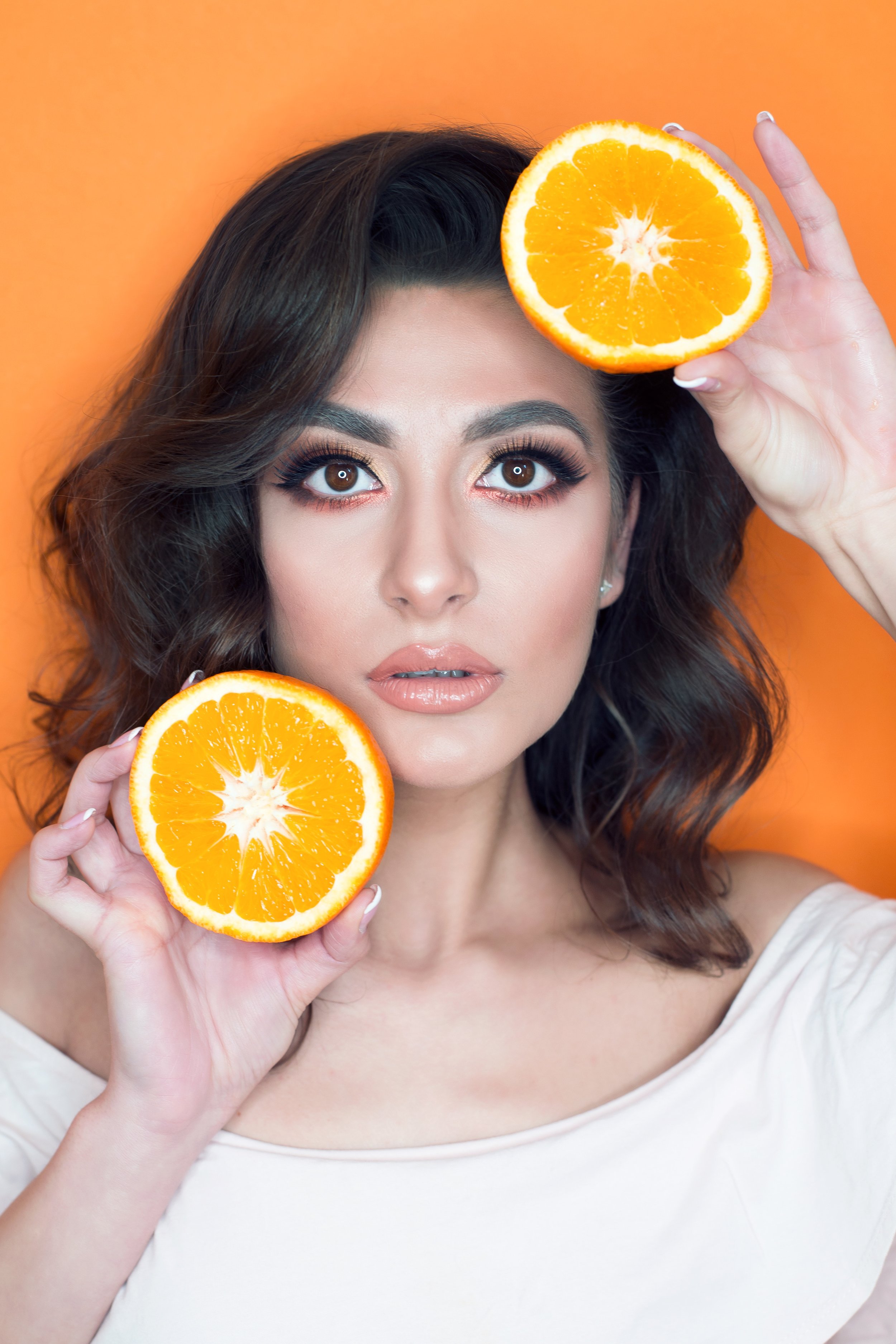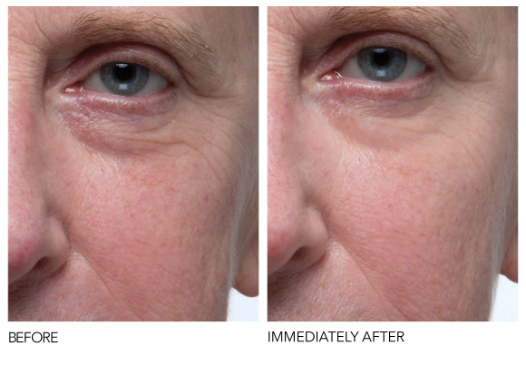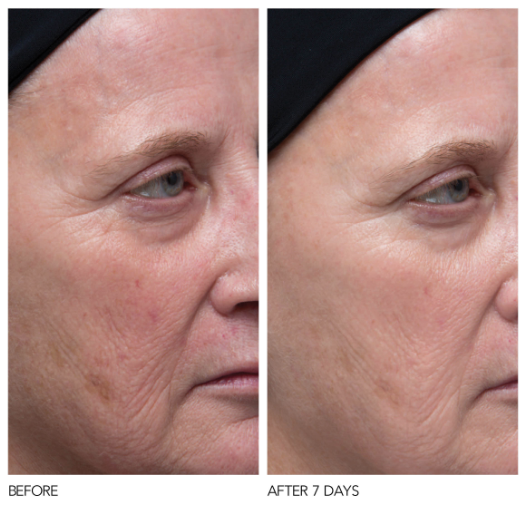Vitamin C: The best skincare ingredient ever?
Overexposure to UV rays and environmental pollutants are two factors that accelerate the skin aging process. Collagen starts to degrade and oxidative stress starts to take a toll on your skin over time. Luckily, there is an ingredient that can help our skin overcome these undesired effects! Vitamin C is essential in the body’s production of collagen and a potent antioxidant that can help rejuvenate aged and photodamaged skin.
First, let’s learn a little bit about collagen.
Collagen is a protein. Most proteins occur in small amounts. But collagen is by far the most abundant protein. Collagen is responsible for ⅔ of all proteins in the body and about 75% of the protein in our skin. Collagen is the main connective tissue that holds us together.
Collagen is a complex structure and is very strong. If collagen were the same size as a steel wire, it would be much greater in strength. The making of such a complex structure happens in many steps, and Vitamin C is necessary in all of them!
What does vitamin C do for the skin?
Clinical trials show that when Vitamin C is applied topically it promotes collagen formation and protects the skin from free radicals, helping to maintain firm skin.
L-ascorbic acid (a type of vitamin C we’ll talk about later) reduces the production of melanin which is great for fading acne scars.
It improves with fine wrinkling, rough texture, and even skin tone. If you have hyperpigmentation (dark spots/sun spots), vitamin C would do a great job in lightening the dark spots on your skin. Vitamin C also causes an anti-inflammatory response to the skin, preventing redness and inflammation even after sun exposure. That doesn’t mean you should skip out on the SPF though!
Once absorbed in the skin, vitamin C can actually help regenerate vitamin E that has been oxidized. Vitamin E is a strong lipid (fatty acids, natural oil or wax)-soluble antioxidant that aids in preventing oxidative damage in lipid cell membranes.
What are free radicals and what do they do?
Free radicals are atoms or molecules with an unpaired electron. They’re chemically reactive and short lived. When a free radical comes in contact with a collagen strand, it causes a change in the chemical structure of the collagen at that area, causing a small tear. Once a bundle of collagen gets enough tears over the years, it becomes damaged and disorganized which results in sagging skin.
Which forms of vitamin C should I look for in my skincare ingredient list?
L-asorbic acid is the purest, most potent, and only form of topical vitamin C that can be fully absorbed by the skin. In fact, once L-ascorbic acid is absorbed into the skin, it can’t be washed off. In fact, significant amounts of it will remain in the skin for up to three days. The vitamin C works on a cellular level to “reweave” skin fibers which results in smoother looking skin. Keep that in mind for the next time you forget to apply your vitamin C in the morning! ;)
Below are two lists of ingredients you should & should not use with vitamin C.
The reasoning behind this is because these ingredients either do similar things which could cause inflammation and irritation or they lose the effect and don’t work at all. However, some products on the market mix do’s with don’ts. In situations like these, there likely won’t be any irritation because of the small traces of each. But if you have sensitive skin it might be better to steer clear.
Which ingredients SHOULD I NOT use at the same time as a vitamin C?
Acids (AHA/BHA’s): These are exfoliants. Vitamin C has an exfoliating factor which could lead to over exfoliating. The best practice is to use them on opposite days.
Niacinamide: A type of vitamin B which helps your skin retain moisture. When this mixes with vitamin C, it changes the vitamin C color to yellow. When this happens, it means the vitamin C is no longer good and could cause irritation on your skin.
Benzoyl Peroxide: This ingredient typically helps with acne. It works by killing bacteria through oxidation. Use Benzoyl Peroxide to heal acne but use vitamin c to heal acne scars!
Which ingredients SHOULD I use with vitamin C?
Vitamin E: Vitamin E is oil soluble and vitamin C is water soluble. This enhances the absorption into the skin and protect skin cells from sun rays.
Serums: Because vitamin C has an exfoliating effect, using a serum or essence in the same step enhances the absorption rate of moisturizer.
Arbutin: Arbutin prevents the formation of melanin on skin. Vitamin C removes pigmentation formed by melanin. These two together have a really great brightening effect.
Peptides: Peptides with vitamin C work together to make collagen. Peptides are very popular, they penetrate deep in the skin. They work to signal the skin to produce more collagen in the skin. On their own they work great, but when you mix them it enhances the effects.
So....where can I buy a vitamin C serum?
We carry the Dr. Dennis Gross C + Collagen Brighten + Firm Vitamin C Serum, which works great! In the before and after, you can see how it gives the skin a more plump and glowy look. To purchase, come to either of our locations!




